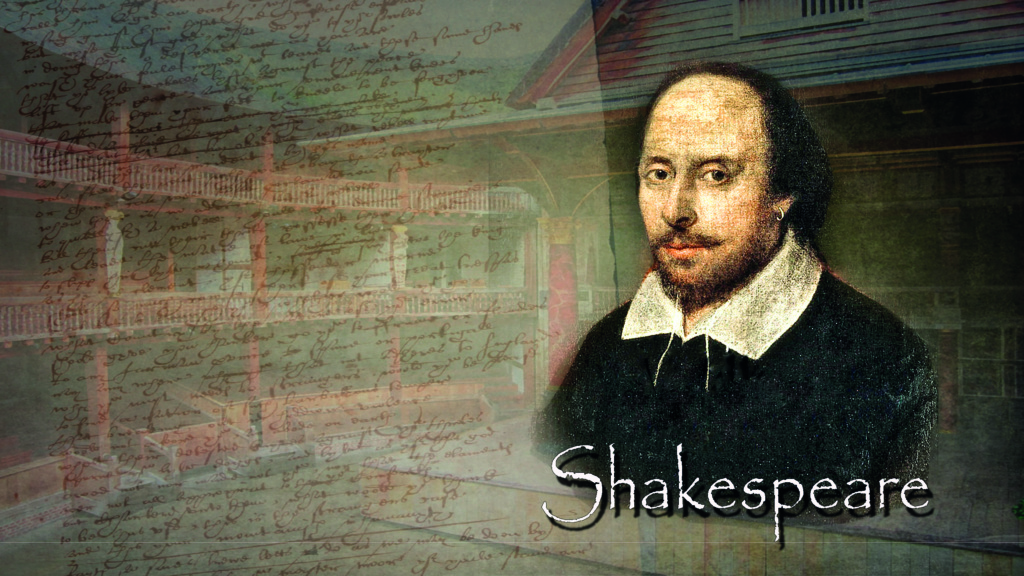
Heritage is fine – indeed, it’s a wonderful thing to celebrate a past as rich as ours. However, the mission statement of the Primary Shakespeare Company of “raising achievement and attainment by engaging with Shakespeare” is there because of what is alive in his plays. I can only describe it as a sort of living challenge that he throws down, a gauntlet that his work dares you to pick up. There are some who say that his plays are difficult, his characters complex and – above all – that his language is demanding. Indeed, I am one of those people. Although some might argue that these are valid reasons for not introducing Shakespeare to children still in primary school, I would say that these are precisely the reasons why we should.
What faith do we express in students we work with if the challenges we set them are easy? To present them with something that tests even professional, adult actors – that’s setting the bar high. However, there is no getting away from it – if we set tough goals for our children, then we will also have to take risks ourselves. Will our teaching be up to it? And here, all too often, when it comes to drama, and especially Shakespeare, many gifted teachers find that their nerve fails. Who can blame them, when most graduate teacher programmes allocate half a day to drama training during the course of an entire year? This is part of the reason why the Primary Shakespeare Company exists.
But to return to this challenge that I referred to: what is it? Personally, I think it’s truth, an acute observation of real human behaviour that sounds as clear as a bell down the centuries and that presents a real test for performers of all ages. Can you be faithful to it? It certainly resonates with our participants.
Last year, when we studied Hamlet, the children I worked with were deeply moved by the sadness of the tale of a son who is in another country when his father dies, and returns to find that home is no longer home. This year they were mesmerised by the corrosive effect that Macbeth’s guilt has on his soul, and we spent an entire lesson just discussing what we would each do should we be handed the prophecy that he receives. Next year we will tackle Julius Caesar and I know that they will be just as engaged by his compelling study of mob mentality.
I don’t think the characters and dilemmas in Shakespeare’s best work are either antique or modern, I think they’re just how we are as humans – and that’s why humans, even at primary school age, respond to them.
So, some questions to answer